Search
Search Results
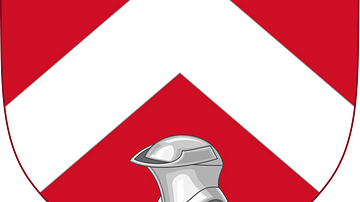
Definition
Owen Tudor
Owen Tudor, aka Owain ap Maredudd ap Tudor (c. 1400-1461 CE), was a Welsh courtier who secretly married Catherine of Valois (l. 1401 - c. 1437 CE), the former wife of Henry V of England (r. 1413-1422 CE) and mother of Henry VI of England...
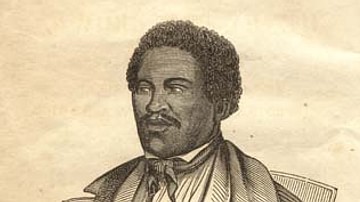
Definition
Henry Box Brown - The Man Who Mailed Himself to Freedom
Henry Box Brown (l. c. 1815-1897) was an enslaved African American who became famous as "the man who mailed himself to freedom" after he had himself shipped in a box from Richmond, Virginia, to abolitionists in Philadelphia, Pennsylvania...
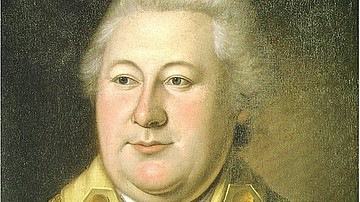
Definition
Henry Knox
Henry Knox (1750-1806) was a Boston-born bookseller who became a general of the Continental Army during the American Revolutionary War (1775-1783) and served as the army's Chief Artillery Officer. After the conflict, he was appointed the...
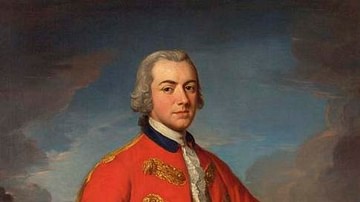
Definition
Henry Clinton
Sir Henry Clinton (l. c. 1730-1795) was a British military officer who served as commander-in-chief of the British Army in the later stages of the American Revolutionary War (1775-1783). Having arrived in Boston in May 1775, he served in...
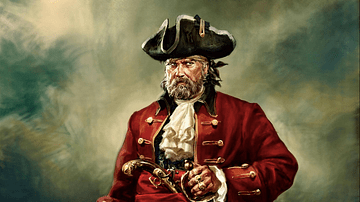
Definition
Henry Every
Henry Every (b. 1653), also known as Henry Avery, Benjamin Bridgeman, ‘Long Ben’ and (incorrectly) John Avery, was one of the most savage and successful pirates in the Golden Age of Piracy. Capturing a treasure ship of the Mughal emperor...
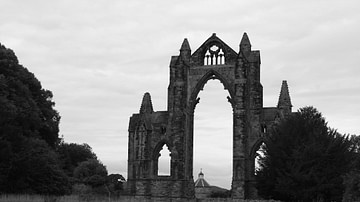
Definition
Dissolution of the Monasteries
The Dissolution of the Monasteries was a policy introduced in 1536 CE by Henry VIII of England (r. 1509-1547 CE) to close down and confiscate the lands and wealth of all monasteries in England and Wales. The plan was designed as a lucrative...
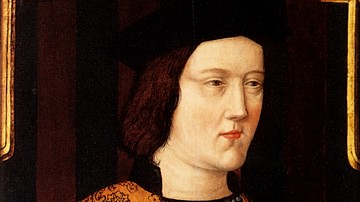
Definition
Edward IV of England
Edward IV of England ruled as king from 1461 to 1470 CE and again from 1471 to 1483 CE. The Hundred Years' War (1337-1453 CE) had been lost by Edward's predecessor, Henry VI of England (1422-1461 CE & 1470-1471 CE), leaving Calais as the...
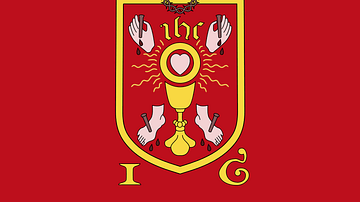
Definition
Pilgrimage of Grace
The Pilgrimage of Grace is the collective name for a series of rebellions in northern England, first in Lincolnshire and then in Yorkshire and elsewhere between October and December 1536 CE. Nobles, clergy, monks, and commoners united to...
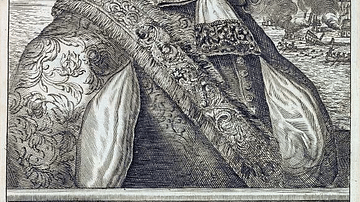
Definition
Henry Morgan
Sir Henry Morgan (c. 1635-1688) was a Welsh privateer who operated in the Caribbean against the Spanish Empire and then became Lieutenant Governor of Jamaica. Morgan was a charismatic and able military leader who masterminded devastating...
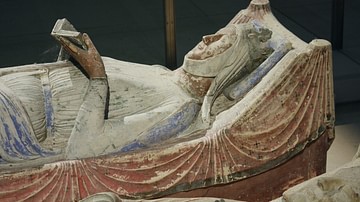
Definition
Eleanor of Aquitaine
Eleanor of Aquitaine (l. c. 1122-1204 CE) was one of the most impressive and powerful figures of the High Middle Ages (1000-1300 CE) – male or female – whose influence shaped the politics, art, medieval literature, and perception of women...